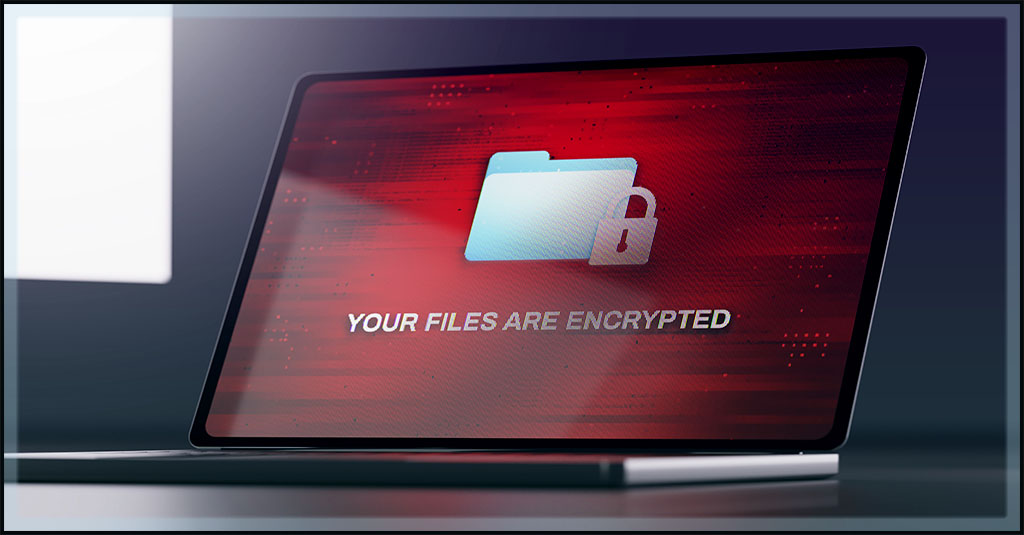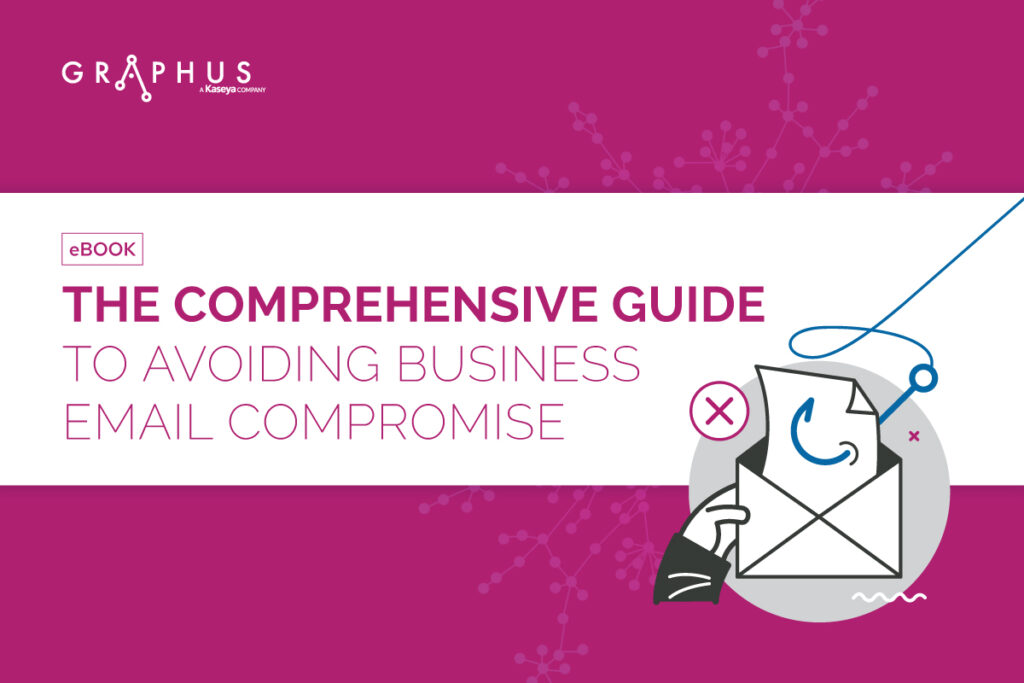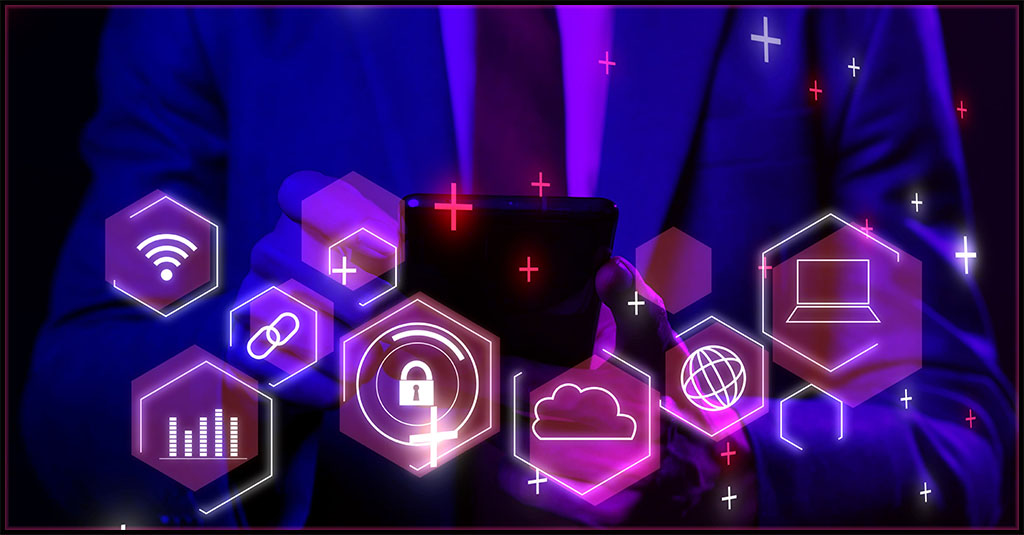Email Phishing is a Real Nightmare for Businesses

See why phishing is especially dangerous right now
As Halloween approaches and the spooky season casts its eerie shadow, it’s the perfect time to explore one of the most terrifying specters lurking in the digital world: email phishing. While the ghosts and ghouls of Halloween may be fictional, the horrors of email phishing are all too real, and they should send shivers down the spine of any business. Phishing is the most common form of cybercrime, with an estimated 3.4 billion malicious emails sent every day.

Learn more about the 5 most damaging email-based cyberattacks businesses face today. GET INFOGRAPHIC>>
Phishing practitioners are shape-shifting tricksters
Email phishing is like a shape-shifting specter, constantly evolving to trick its victims. Phishers employ a variety of disguises to deceive recipients into opening malicious emails. They mimic trusted organizations, government agencies, or even colleagues, crafting messages that appear genuine. These deceptive emails may claim to be from your bank, a social media platform, or even a coworker, making them incredibly difficult to recognize.
The danger lies in the fact that, like a skilled illusionist, phishers can make you believe you’re clicking on a harmless link, while in reality, you’re inviting malware, ransomware or a data breach into your organization. Phishing practitioners have upped their game in recent years to get around companies’ increased security. Sometimes, cybercrime groups will even outsource their phishing to a specialist group. Phishing is the dangerous portal by which other horrors enter a business. Deloitte notes that over 90% of cyberattacks start with a phishing email. The shapeshifting capabilities of email phishing make it a formidable and ever-evolving adversary.
The advent of AI in cybercrime has given phishing practitioners a frightening advantage over potential victims. Using AI tools like ChatGPT, bad actors can quickly craft messages with excellent grammar, usage and spelling, eliminating some common red flags that indicate phishing. Even novice cybercriminals can use AI tools like ChatGPT for reference or support, making it easy for them to start conducting effective phishing campaigns in a flash. Hackers frequently utilize OpenAI for its quick code generation and email writing capabilities. Research has shown that ChatGPT phishing emails are so well-orchestrated that employees find it difficult to discern from content written by a human.

Get this infographic to see how AI enables Graphus to protect businesses from phishing. DOWNLOAD IT>>
Avoid a data breach tale of terror
Once the email phishing ghost manages to infiltrate your business, it doesn’t just haunt your inbox—it can lead to a ghoulish data breach. Verizon’s 2023 Data Breach Investigations Report found that 36% of all data breaches involved phishing. Whether through stolen login credentials, compromised systems, or tricking employees into divulging sensitive information, email phishing can expose your organization’s most closely guarded secrets.
Data breaches are a true horror story for businesses. IBM’s Cost of a Data Breach Report 2023 revealed that the global average data breach cost in 2023 was $4.45 million, a 15% increase over 3 years. But if that data breach is caused by phishing, that cost climbs even more to $4.76 million A data breach is a nightmare that just keeps reoccurring for businesses, with effects that can be felt years down the road, including severe financial losses, reputation damage, and regulatory fines.
A data breach can lead to the loss of customer trust, something that’s incredibly difficult to rebuild. Customers notice a data breach, and they do not want to do business with companies that cannot protect their data. A Forbes Insight report found that 46% of organizations had suffered reputational damage as a result of a data breach.

Get the guide that helps you detect & defeat dangerous BEC attacks to keep your company out of trouble! DOWNLOAD IT>>
Steer clear of a terrifying financial loss
Email phishing is not just about digital mischief; it’s primarily driven by bad actors’ desire for financial gain. Whether through fraudulent wire transfers, CEO impersonation schemes, or fraudulent invoices, phishers aim to trick employees into transferring money to their accounts. Many times, that trickery is part of a devastating business email compromise (BEC) scheme in which bad actors attempt to scam money out of businesses through misrepresentation and spoofing. The U.S. Federal Bureau of Investigation Internet Crime Complaint Center (FBI IC3) named business email compromise a cyberattack that is 64x worse for businesses than ransomware
These cursed schemes can lead to financial losses that are devastating and sometimes lethal for businesses, especially in a business email compromise attack. An estimated 60% of businesses that fall victim to a cyberattack shutter within six months. The aftermath is often a nightmarish ordeal of attempting to recover the stolen funds and dealing with the fallout of a financial scam. Unfortunately, every business is at risk of falling victim to a BEC attack, a circumstance that is only getting worse – BEC attacks have almost doubled in 2023.

Looking for a security rockstar? Get 5 superstar benefits for half the cost of the competition! SEE THE BENEFITS>>
Don’t star in a ransomware horror story
Ransomware, often delivered through email phishing, is the stuff of digital nightmares. Once an unsuspecting victim opens a malicious email attachment or clicks on a deceptive link, ransomware can encrypt critical data, rendering it inaccessible. Attackers then demand a hefty ransom in cryptocurrency for the decryption key. Unfortunately, this is a horror that IT professionals are encountering with increased frequency. The number of known ransomware attacks in the U.S. increased by 47% from January 2020 to December 2022.
Ransomware attacks can have catastrophic financial consequences for any organization. Businesses can be forced to pay the ransom, lose critical data, or endure downtime, all of which can lead to substantial financial and operational disruption. The average cost of a data breach caused by a ransomware attack in IBM’s Cost of a Data Breach Report 2023 is $5.13 million, a 13% increase from an average cost of $4.54 million in 2022. In addition to chilling ransomware-related data breach costs, many businesses choose to pay the ransom, a practice frowned upon by experts and law enforcement. The U.S. Department of Homeland Security estimated ransomware gangs will extort a ghastly $900 million in 2023
Email phishing is no mere ghost story; it’s a real and present danger that businesses should be deeply afraid of. Bad actors have found success in luring victims to fall for their devious tricks at 92% of organizations across the globe last year. They’re continuing to innovate using sophisticated techniques like creative phishing emails, spoofing and fraudulent websites to snag unwary employees. These malevolent entities prey on the unsuspecting and unprepared, causing financial loss, data breaches, and operational chaos. The key to protection is vigilance, cybersecurity training for employees and top-of-the-line email security.

AI is the secret weapon you’re looking for to boost business email security. SEE WHY>>
Ward off phishing with automated, AI-driven email security
Graphus is the world’s first AI-driven email security solution that automatically protects organizations from email-based ransomware attacks. The patented AI technology of Graphus creates a wall between organizations and cyberattacks, mitigating phishing attacks before they reach their systems. It automatically monitors communication patterns between people, devices, and networks to reveal untrustworthy emails, making it a simple, powerful, and cost-effective automated phishing defense solution for companies of all sizes.
- AI-driven email security with Graphus can capture and quarantine even sophisticated email threats and phishing messages.
- Graphus is the world’s first automated phishing defense platform that protects you from cybercriminals posing as trusted contacts
- Puts 3 layers of protection between employees and dangerous email messages.
- Seamlessly deploys to Microsoft 365 and Google Workspace via API without big downloads or lengthy installs.
- Provides intuitive reporting to help you gain insights into the effectiveness of your security, level of risks, attack types, and more.
Book a demo of Graphus today BOOK IT>>










